Black Friday Hype Isn't Great for Your Mind: 10 Mental Health Alternatives
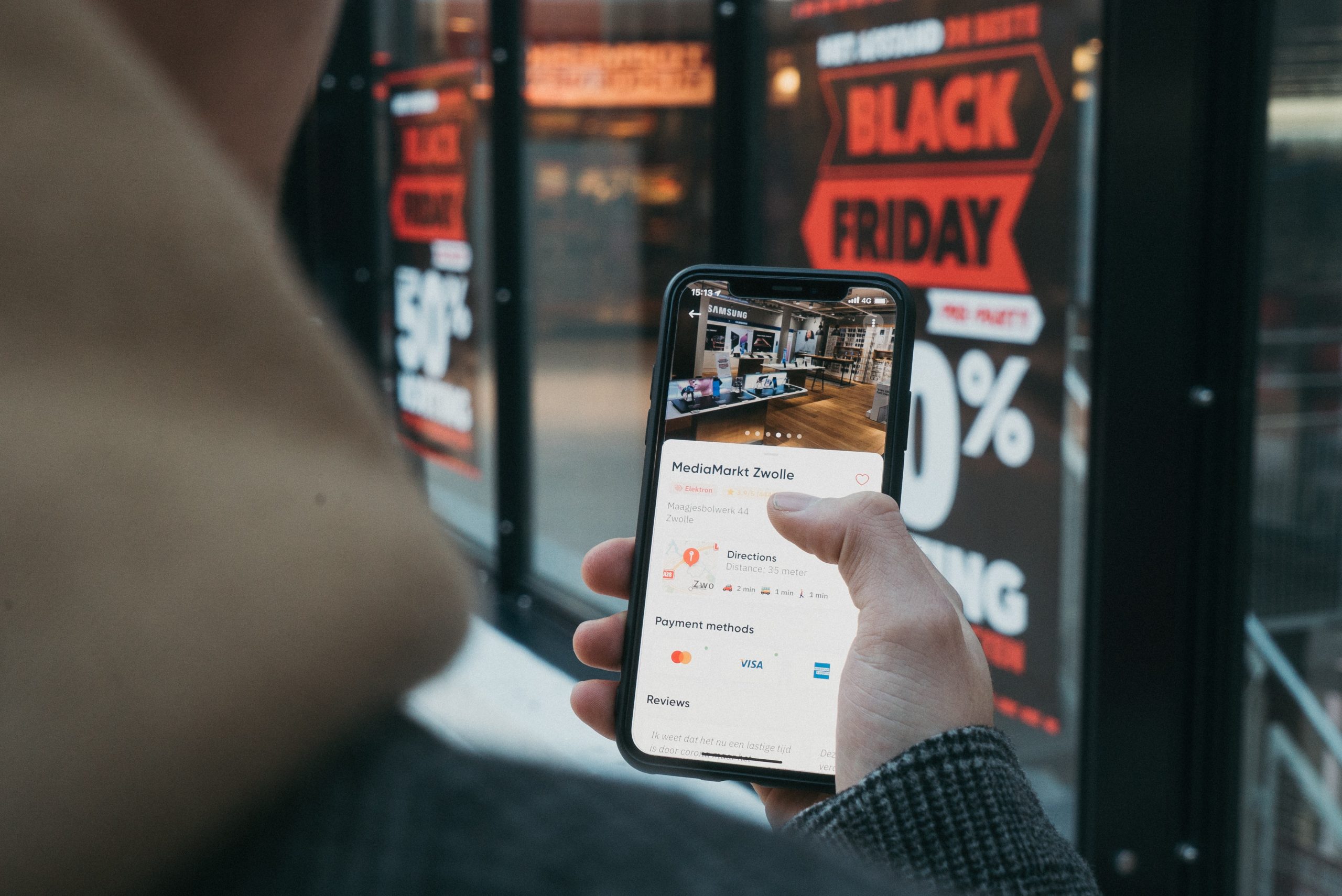 As the holiday season kicks into full gear, the pressure to spend on gifts and gadgets steadily increases.
As the holiday season kicks into full gear, the pressure to spend on gifts and gadgets steadily increases.
One of the biggest offenders is Black Friday, which encourages shoppers to make impulsive buys on once-a-year sales at big box retailers. Whether due to a desire to snag some cool tech or a more altruistic motive of getting friends and family the best gifts they can, many feel compelled to partake in the Black Friday deals. In 2021, 155 million Americans shopped on Black Friday.
Though the impact can be mundane, Black Friday shopping often isn’t the best thing to do for one’s mental health. Whether it be the stress of straining one’s budget or the disappointment that follows an impulse buy, participating in Black Friday can leave you feeling down and depressed.
While Black Friday shopping can seem almost irresistible, the truth is that there are several accessible alternatives.
Check out 10 of our favorite options below.
10 Alternatives to Black Friday Shopping
#1 Focus on Your Financial Health
Instead of stretching your budget on items you may not need or end up using, try using Black Friday as an opportunity to adopt healthier financial habits. Helena Hernandez, a physician assistant at Heading Health, recommends “establishing financial boundaries.” Take some time to review your budget and decide on your limits. Then make a point of sticking to them to maintain your financial wellness during the holiday season.
 #2 Volunteer or Donate to a Charity
#2 Volunteer or Donate to a Charity
Studies show that doing good deeds makes us feel good. To improve your mental health while helping those in need, consider volunteering or donating to charity. Check out Charity Navigator to find causes that align with your values, or go to Volunteer Match to find volunteer opportunities in your local area.
#3 Start a Gratitude Journal
Black Friday pushes us to feel like what we have isn’t enough. If it didn’t, we wouldn’t go out and spend more. Unfortunately, while an extra product or two might temporarily leave you feeling more fulfilled, that sensation is unlikely to last. A better solution is to turn your attention away from what you don’t have and toward what you do. Consider making a list a running list of things about your life that bring you joy and focus on them every morning or whenever you feel a bit down.
#4 Throw a Leftover Dinner Party
According to the nonprofit organization Feeding America, Americans waste 130 billion meals every year. Instead of buying more products that might also go to waste, consider holding a leftover dinner party to

make full use of the resources you already have. With a cleaner fridge and a house full of friends, you’ll surely have a better time than waiting in line for another Black Friday deal.
#5 Celebrate Bright Friday
Another way to combat the waste associated with Black Friday is by celebrating Bright Friday, which was created to raise awareness about textile waste in fashion and e-commerce. Shoppers are encouraged to maximize the value of what they already have by swapping, restyling, and refashioning their clothing.
#6 Connect with Nature
Instead of spending time waiting inside in long lines or at home playing with your new gadgets, use Black Friday as a reminder to tap into nature’s protective effects on mental health.

Visit a national park if you can access one, or go to a local nature site. Check out All Trails to find nearby places to hike, mountain bike, camp, and more.
#7 Talk to Your Kids About the Value of Experiences
A recent study found that, by and large, experiences make people happier than possessions. Lead Author and Marketing Professor Amit Kumar notes:
If you want to be happier, it might be wise to shift some of your consumption away from material goods and a bit more toward experiences, […] That would likely lead to greater well-being.
Use Black Friday as an opportunity to instill this knowledge in your children. Take them on one of their favorite outings and document the experience so they can re-live the joy of that day and internalize the value of experiences over possessions.
#8 Wait for Small Business Saturday
In contrast to the big box retailers that are the focus of Black Friday, Small Business Saturday is about shopping at small, brick-and-mortar stores. If you’ve got to do some deal hunting, consider saving it for Small Business Saturday and support local business owners in the process.
 #9 Go Somewhere That’s Normally Too Busy
#9 Go Somewhere That’s Normally Too Busy
With so many people either shopping at home or flocking to retail stores, other services are likely to experience a drop in attendance. Use this as a chance to enjoy an ordinarily bustling activity in peace and quiet. For example, consider going to your local coffee shop, gym, or favorite restaurant. Of course, some of these places might still see heavy traffic, so be sure to call ahead and ask how busy they are.
#10 Consider What Your Loved Ones Would Say
Even with all these alternative activities in mind, participating in Black Friday might still seem tempting, especially when purchasing gifts for the Holiday season. To help curb its residual pull, consider what your loved ones might say. Would they want you to strain your budget and risk your mental wellness to get them a gift? Reflecting on this fact will likely undermine our more altruistic reasons for doing a bit of Black Friday shopping.
Want to find out if Heading is right for you?
Complete our consultation form and an intake specialist will get in touch.


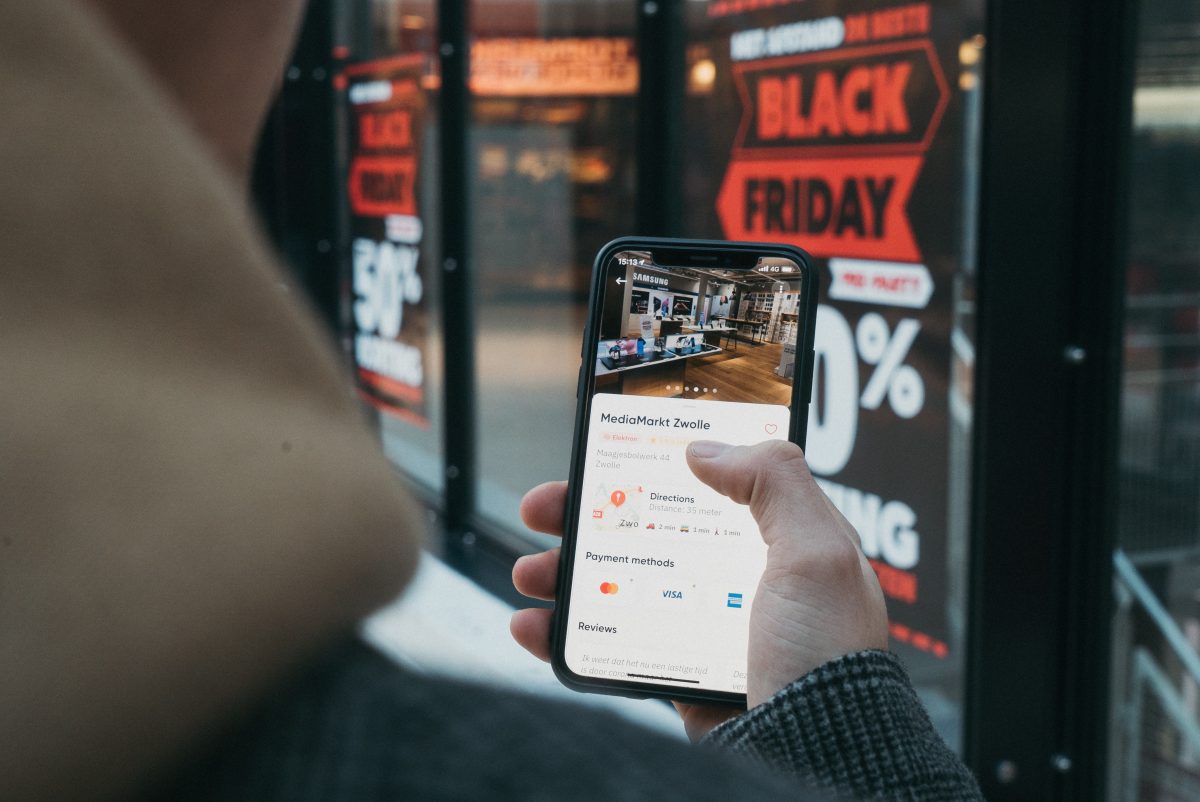


 When people experience grief, they may not outwardly make their feelings known. It can be difficult to know exactly what to say and easy to interpret someone’s silence as “ok-ness.”
When people experience grief, they may not outwardly make their feelings known. It can be difficult to know exactly what to say and easy to interpret someone’s silence as “ok-ness.” 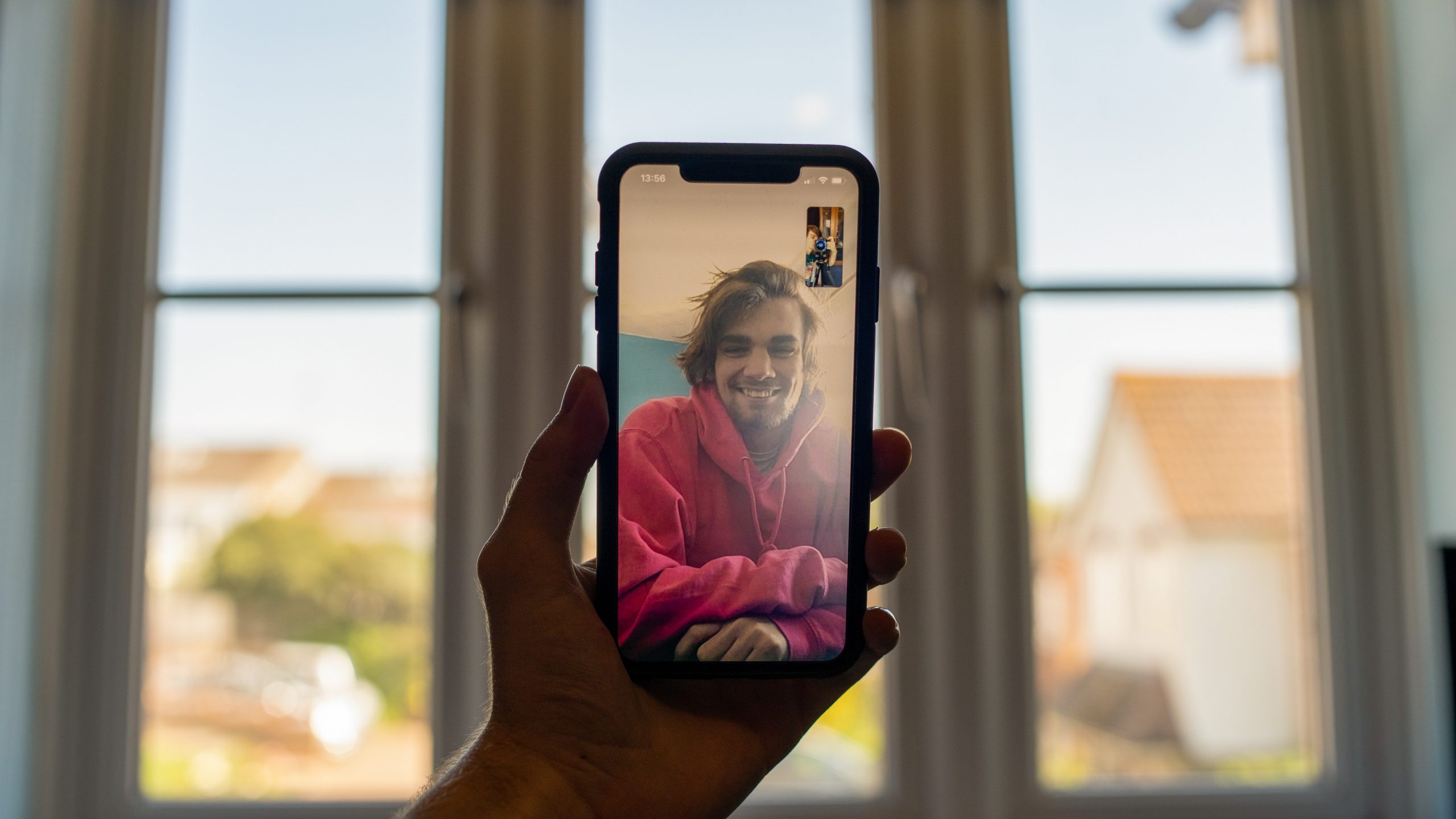



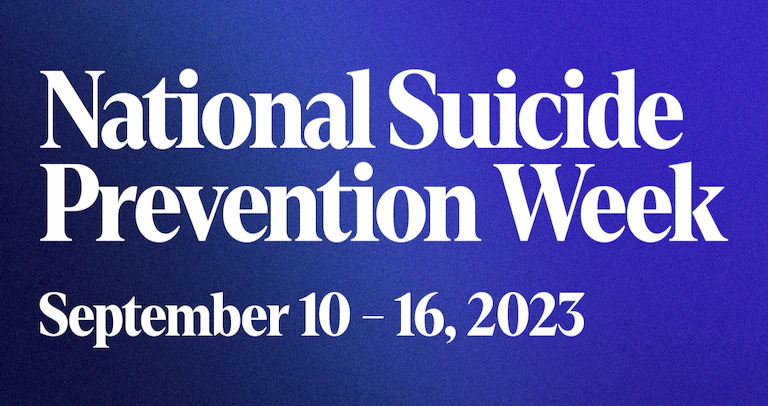





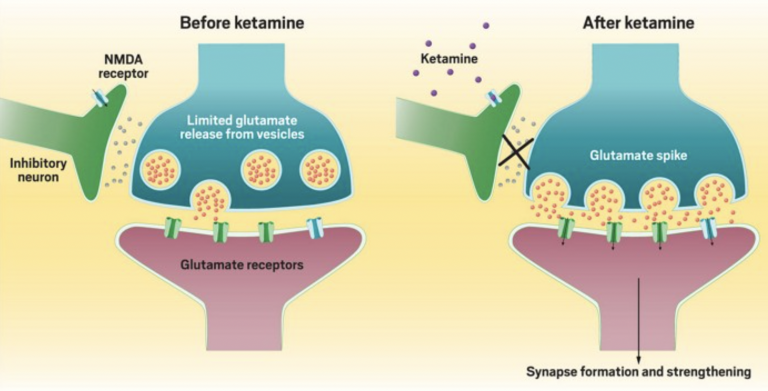




 dderall, Ritalin, and Concerta are the standard treatments for ADHD. These medications work by increasing chemical messengers called dopamine and norepinephrine in the brain’s central nervous system. While highly effective, these medications aren’t the best choice for everyone. Some individuals have other conditions that stimulants can exacerbate, such as:
dderall, Ritalin, and Concerta are the standard treatments for ADHD. These medications work by increasing chemical messengers called dopamine and norepinephrine in the brain’s central nervous system. While highly effective, these medications aren’t the best choice for everyone. Some individuals have other conditions that stimulants can exacerbate, such as: Decrease distractions: Make a point to limit easy distractions. Make a list of common distractions and avoid them while working on important tasks. Some common anti-distraction strategies may include setting your phone and computer to do-not-disturb mode and avoiding working around your TV.
Decrease distractions: Make a point to limit easy distractions. Make a list of common distractions and avoid them while working on important tasks. Some common anti-distraction strategies may include setting your phone and computer to do-not-disturb mode and avoiding working around your TV.  Aside from diet, exercise has been investigated as a potential tool for alleviating the symptoms of ADHD. For example, a recent
Aside from diet, exercise has been investigated as a potential tool for alleviating the symptoms of ADHD. For example, a recent 
 Veterans returning to civilian life often struggle to communicate with civilians about their experience as active military members, leaving them feeling isolated and disconnected. At the same time, civilians eager to engage with veterans may worry about saying the wrong thing, triggering past trauma, or otherwise having an unhelpful conversation.
Veterans returning to civilian life often struggle to communicate with civilians about their experience as active military members, leaving them feeling isolated and disconnected. At the same time, civilians eager to engage with veterans may worry about saying the wrong thing, triggering past trauma, or otherwise having an unhelpful conversation.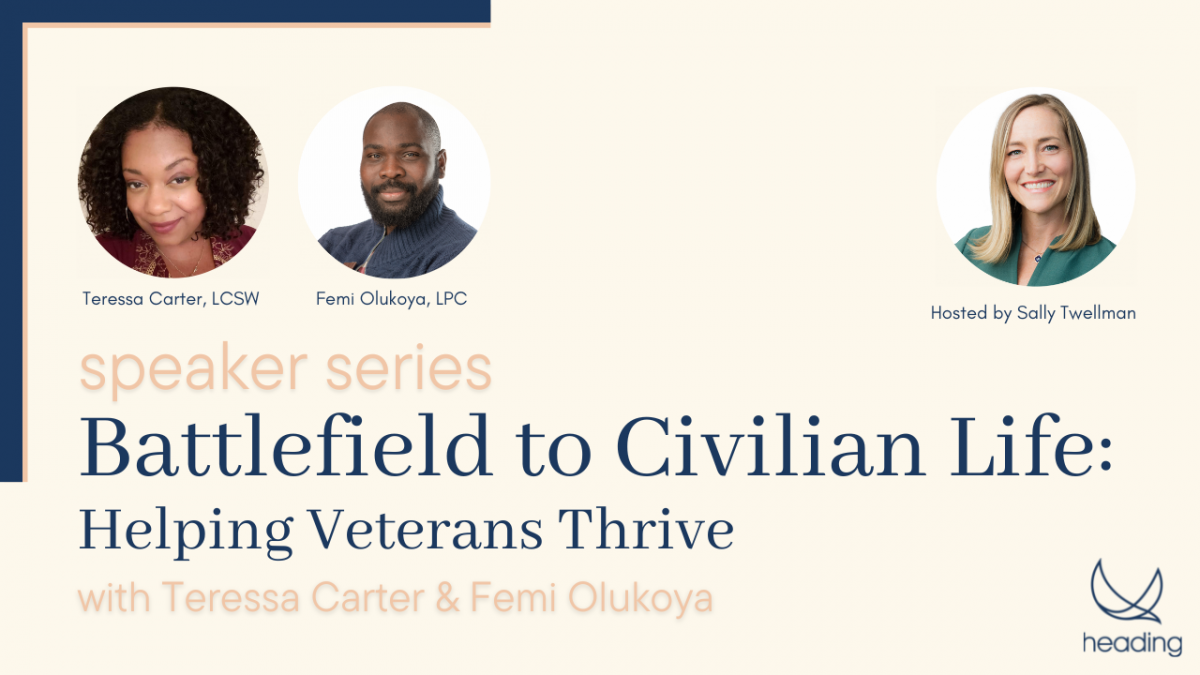
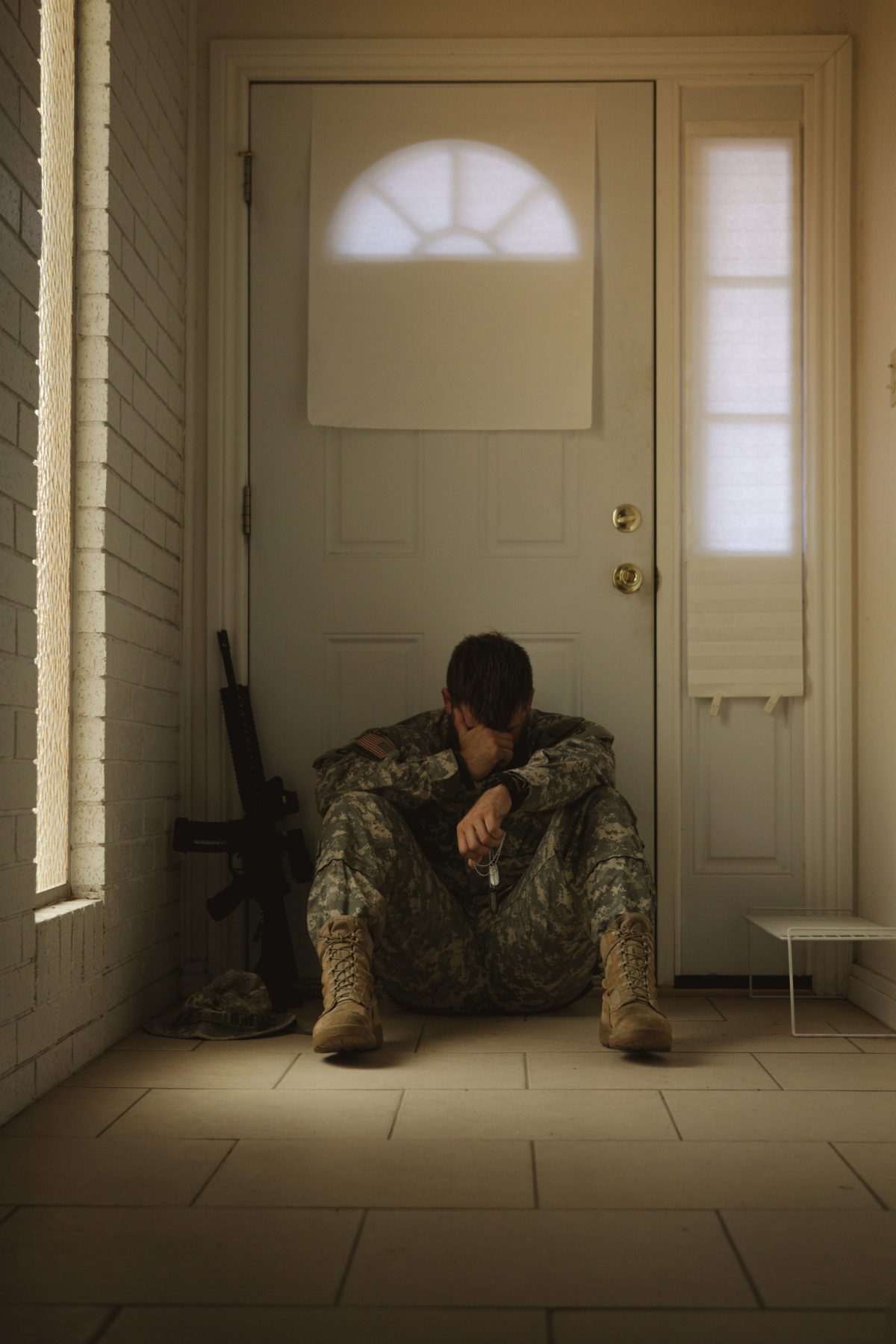

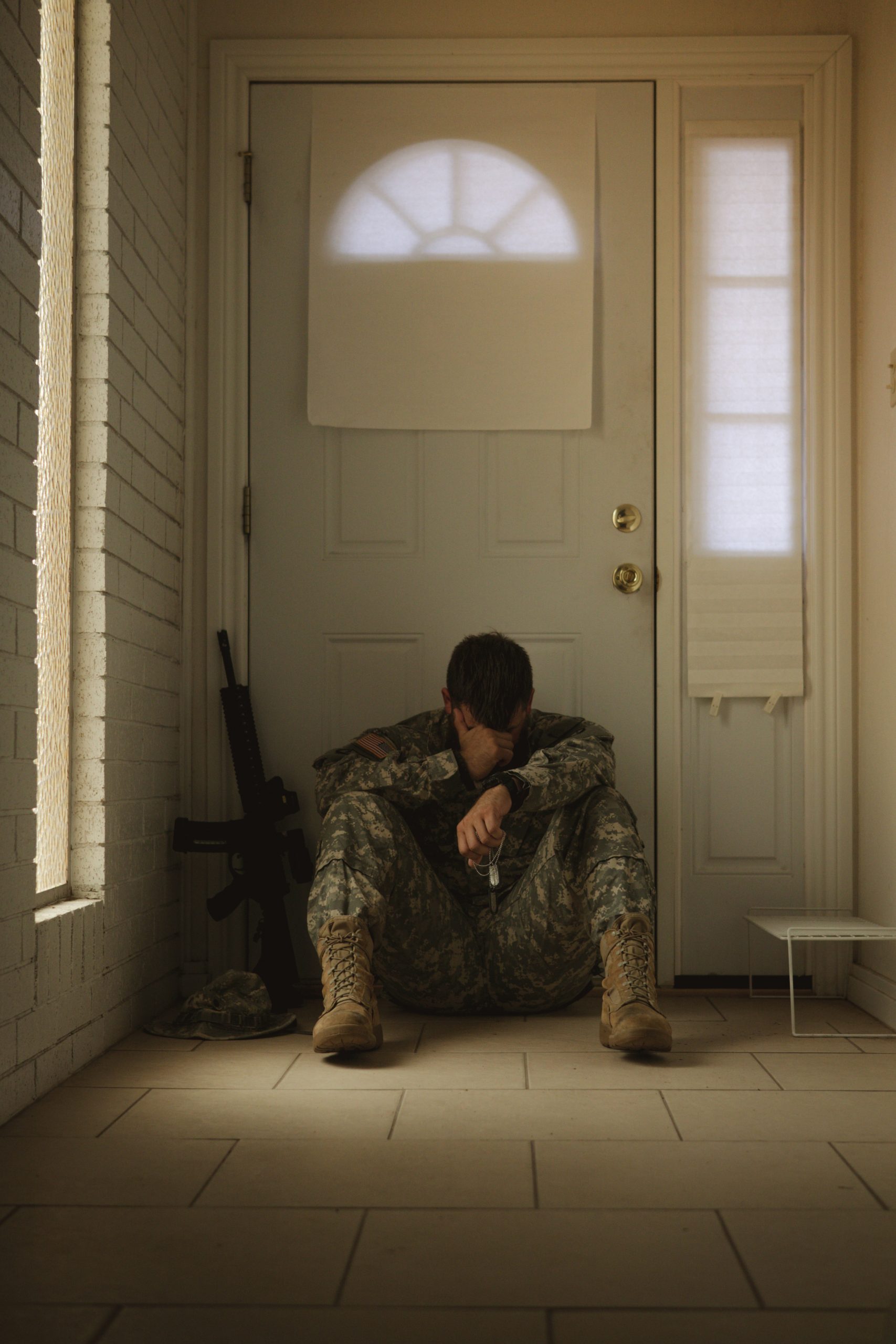 Veteran’s Day allows us to explore and assess how we can better support our veterans, especially when navigating their mental health. Recent research suggests 11 to 20 percent of veterans experience post-traumatic stress disorder (PTSD) in a given year. Suicide rates of military service members and veterans are also at an
Veteran’s Day allows us to explore and assess how we can better support our veterans, especially when navigating their mental health. Recent research suggests 11 to 20 percent of veterans experience post-traumatic stress disorder (PTSD) in a given year. Suicide rates of military service members and veterans are also at an 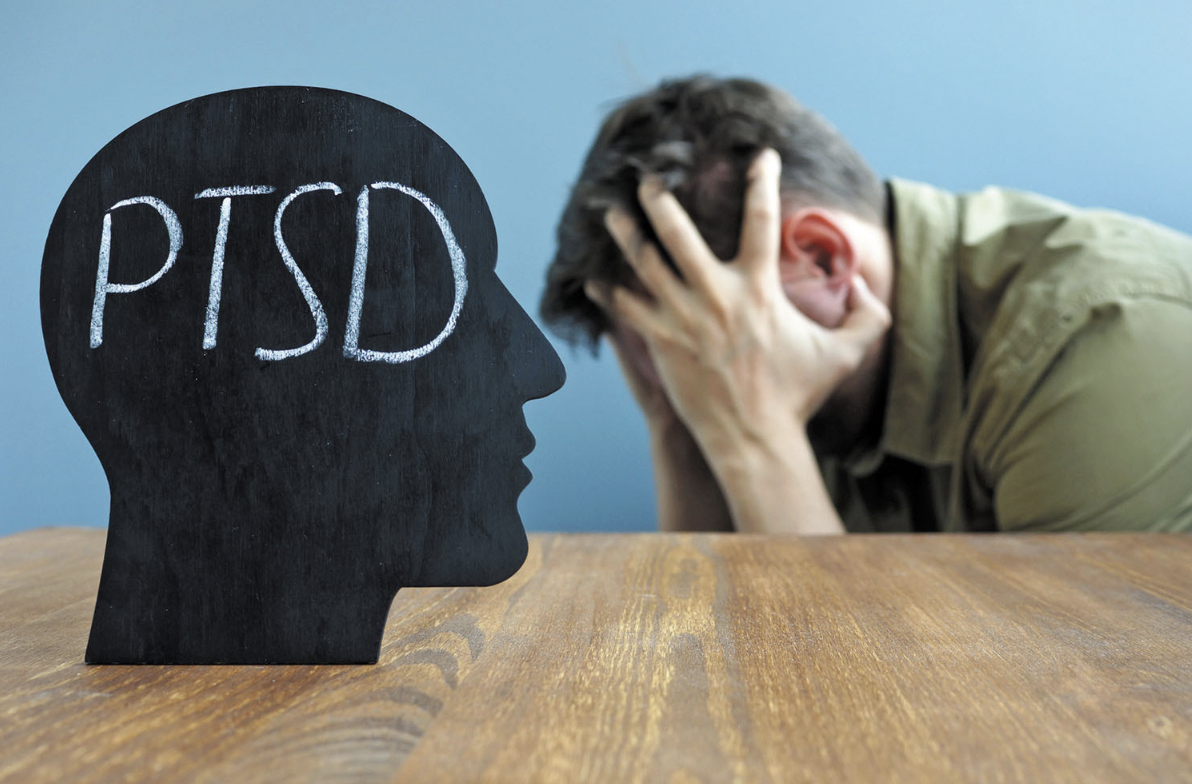
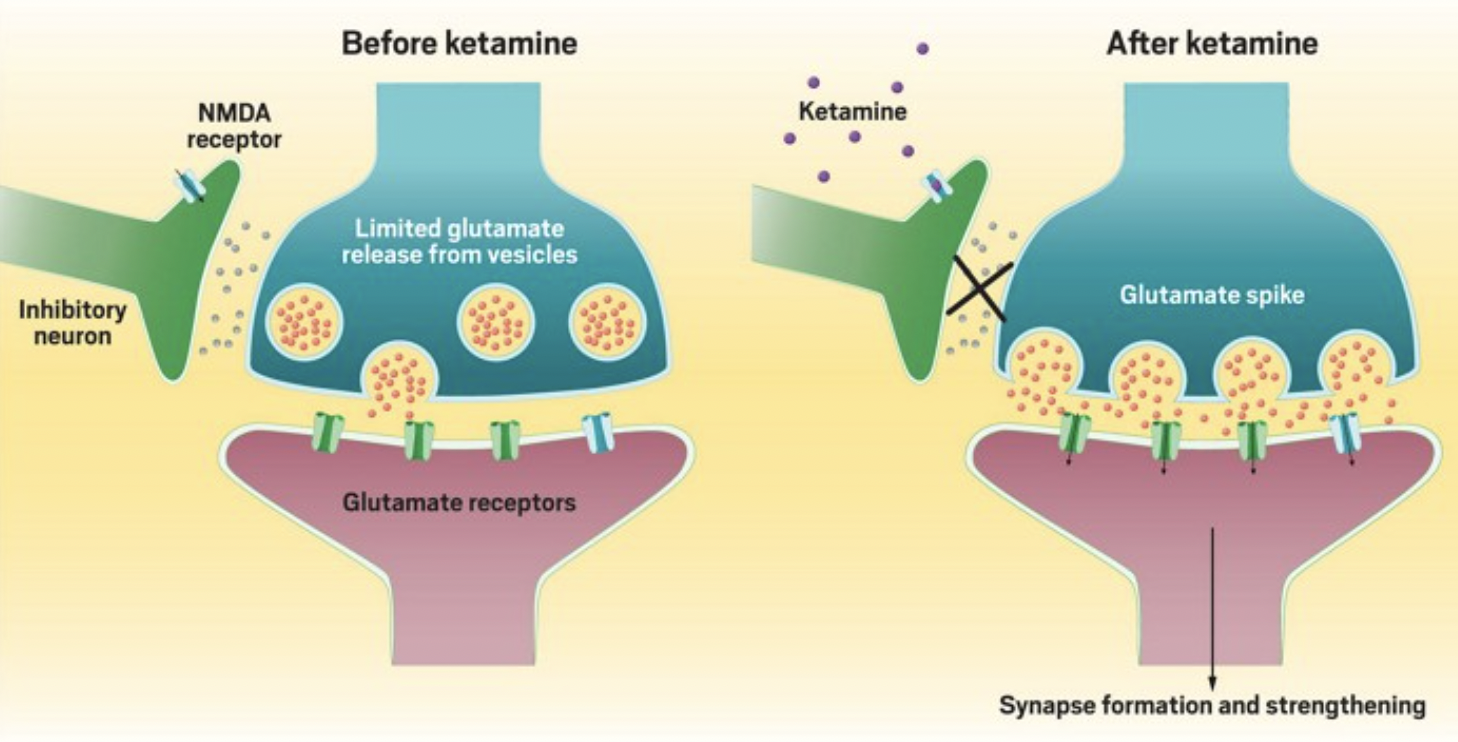

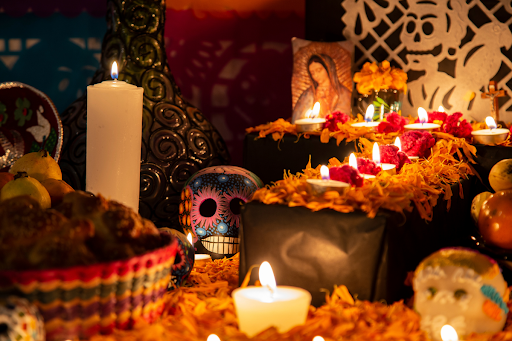
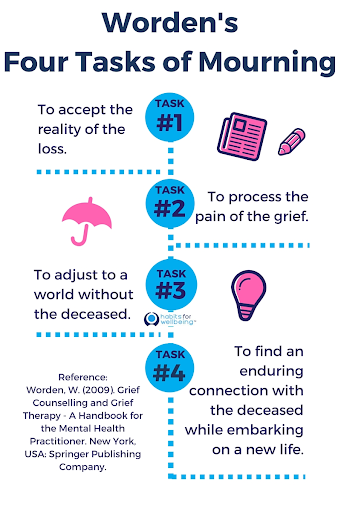 Though often used interchangeably, grief and mourning are notably different, and each plays a critical role in how we react to death and loss. Psychology Today distinguishes mourning as
Though often used interchangeably, grief and mourning are notably different, and each plays a critical role in how we react to death and loss. Psychology Today distinguishes mourning as  Cultural rituals related to the grief and mourning process can help create predictability in a time of uncertainty. For many, these cultural norms are a sense of support, whereas for others, it may be a source of conflict if their current beliefs, or the beliefs of the deceased, are misaligned with the cultural norms. So the question is, what is normal when it comes to grief and mourning?
Cultural rituals related to the grief and mourning process can help create predictability in a time of uncertainty. For many, these cultural norms are a sense of support, whereas for others, it may be a source of conflict if their current beliefs, or the beliefs of the deceased, are misaligned with the cultural norms. So the question is, what is normal when it comes to grief and mourning?  For as much togetherness as many cultural norms bring to the grieving process, grief is also individualized and sometimes isolating. But there are means to seek support to help ease the feelings of loneliness, confusion, and isolation that can accompany grief. Seeking support and comfort in the predictability and structure of cultural norms can help ease the process of grief and the tasks of mourning. Seeking therapy can also help normalize and validate the thoughts, emotions, behaviors, and timelines associated with grief and mourning in both a cultural and individual context.
For as much togetherness as many cultural norms bring to the grieving process, grief is also individualized and sometimes isolating. But there are means to seek support to help ease the feelings of loneliness, confusion, and isolation that can accompany grief. Seeking support and comfort in the predictability and structure of cultural norms can help ease the process of grief and the tasks of mourning. Seeking therapy can also help normalize and validate the thoughts, emotions, behaviors, and timelines associated with grief and mourning in both a cultural and individual context.